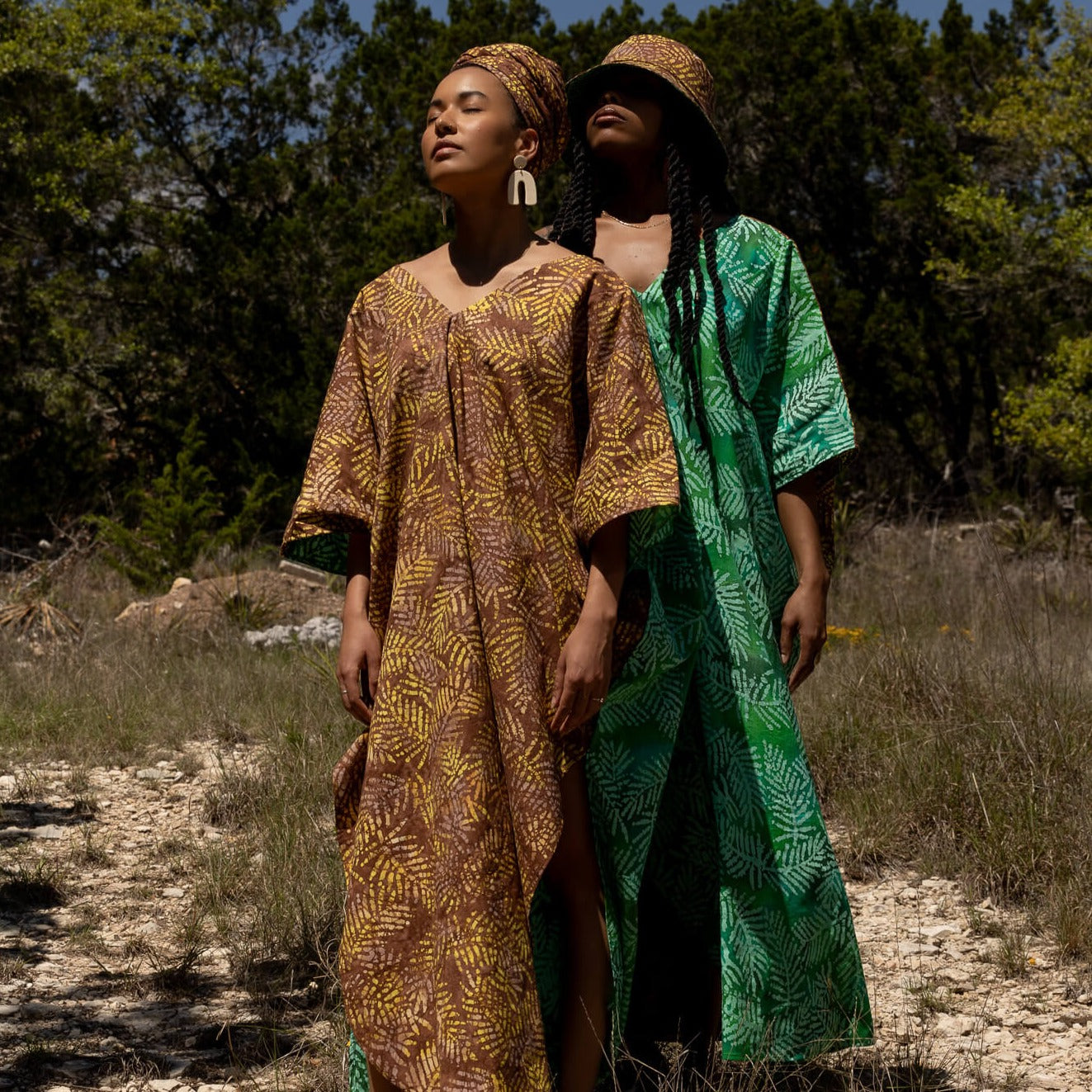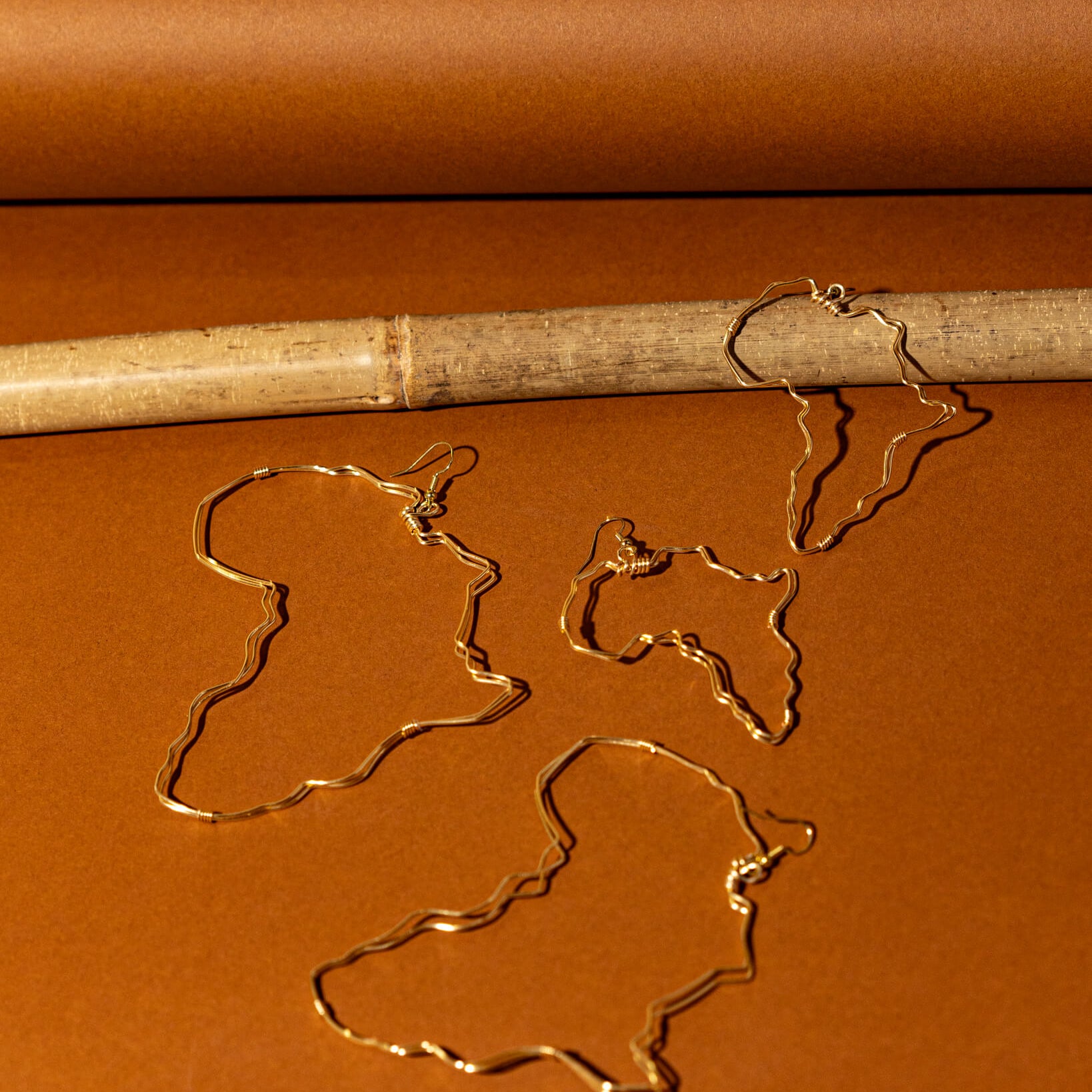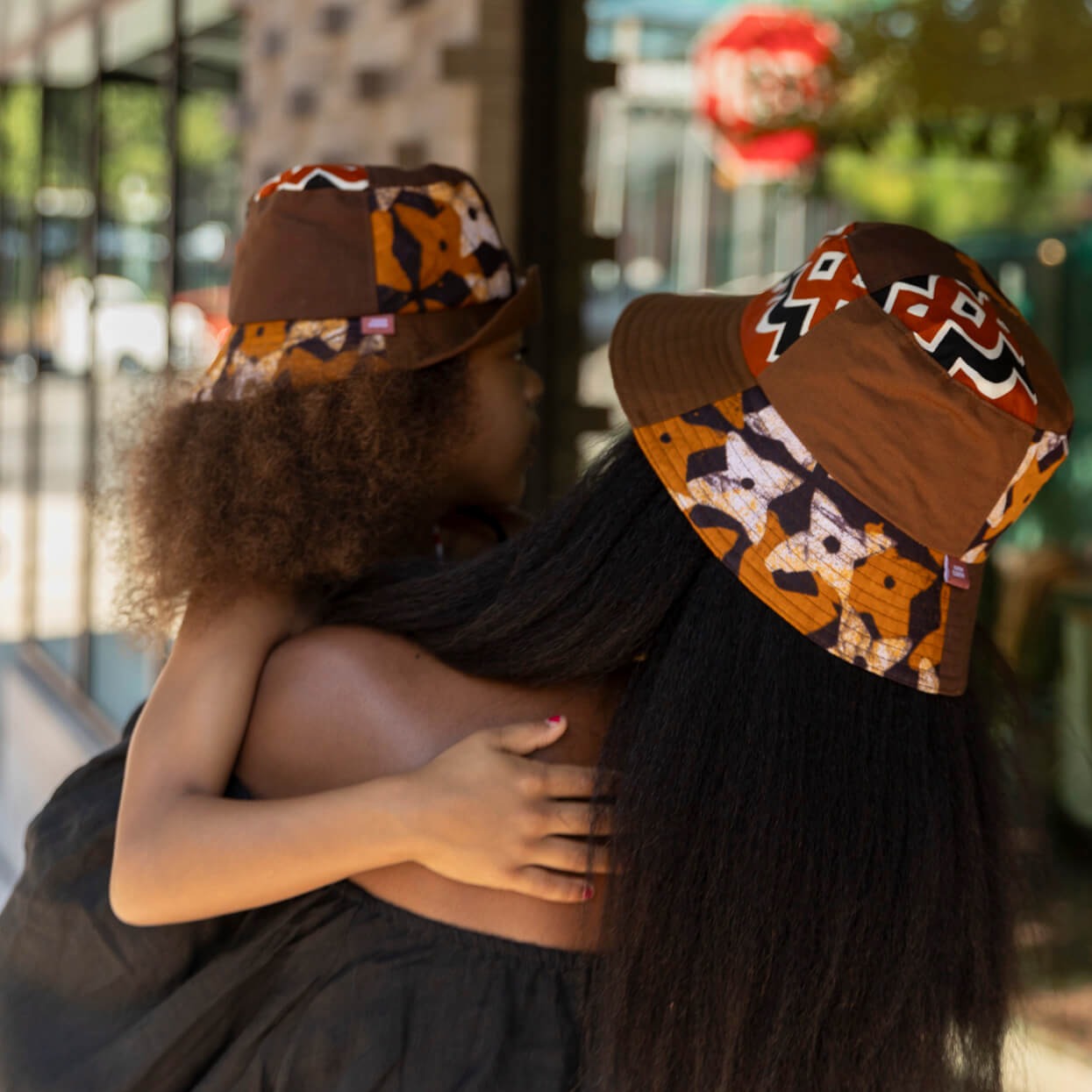Kaila Parker captivated us with her bright smile and multiple talents. She recently received her doctorate in neuroscience and somehow also finds time to be a yoga teacher, despite being in the midst of writing her dissertation. We chatted with her about her experience through academia, her journey into yoga, and how she juggles her busy life and tackles burnout. Kaila demonstrates a unique insight into one of the many ways someone can be a Fanm Djanm, or a strong woman.

Q: When you were growing up, did you see yourself going into STEM?
Yes and no! I actually told my parents when I was 6 that I wanted to be Chik-Fil-A girl. It was one of my favorite treats growing up. In all seriousness, though, I was horrible at math as a kid and used to dread going to math class and having to struggle through the homework. Weirdly, one day it just clicked for me and I became so interested in the other ways math is involved in how the world works–including science! In high school I wanted to be a neurosurgeon, but as I finished college I was fascinated with all the other outlets in which I could help people and make a difference outside of becoming a medical doctor
Q: Of the sciences, why did you choose neuroscience?
Neuroscience is the field that has SO many different topics and phenomena. When I first started learning about the brain, I knew I was hooked immediately. From normal functioning, to how the brain connects, to disease states and malfunctions–this was the field I knew I was meant to thrive in.

Q: Why did you want to get your PhD?
I’ve always had an inclination to know more and ask why things happen or why things are the way they are. While taking this to the extreme, pursuing a PhD was what would get me to understanding the “whys” I had focused on the brain. Before my program, I worked in clinical research with Multiple Sclerosis patients. There were endless questions I found myself asking but knew that the answers couldn’t solely be found in the clinic. After researching different PhD programs, I knew that this was the route I needed to take to better understand not only how to answer questions, but also ask them.
Q: What are your focuses in your research? Why did you select them?
My research is focused on how the adverse childhood experience (ACEs) may play impact how a child recovers from a traumatic brain injury (more commonly known as concussions) later in life.
I’ve always had a passion for bridging the gap between research, medicine, and representation. In the pediatric head injury field, a major problem ER physicians see treating children with head injuries is that some children recover wildly differently than the other, and some of these differences don’t occur until much later in life. My obvious question was “why?”. I wanted to examine other social and lifestyle factors that may impact head injuries, but also really felt for patients who sustain traumatic life events and may not have the resources or supportive environments to support recovery.
On a more personal level, my dad played football as a kid and made it to the NFL in the 70s. While his career ended from a double ACL tear, he has sustained many cognitive and emotional issues from his football career. From the beginning of my neuroscience experience, I wanted to better understand what was going on.

Q: You did your undergraduate in Illinois, but your PhD here in Texas. How did moving cross-country affect your journey through academia and life?
It’s so funny because my best friends in college had a conversation during our senior year about places we would never live. My answer was Texas. These friends have never let me live that down because now I’ve spent the past 6 years of my life in Austin, and I’m really thriving here.
I’m an adventurous person and knew that when I was pursuing my PhD I was going to end up somewhere that I’ve never lived before and perhaps never even pictured myself living. I think I grouped this mindset with pursuing a PhD in general–it’s an adventure and as best as I can adapt and pick up things along the way that I can look back on and say “wow, I really did that”.
Q: What were some of the challenges you faced during your education?
This could easily be an endless list. I think the most obvious challenge is representation–especially in the STEM field. There’s just not many of us going after these degrees and career paths, and even fewer of us who look like us to guide us there. I grew up in a predominantly white area, and while I’m used to existing and taking up space in this type of environment, I think it would have been such a different and enriching experience if there were more black women along my journey.
Another challenge is that it’s just really hard. As I kept progressing through my undergraduate studies and into my PhD, topics and time management and application and independent thinking became really hard to do. It feels really easy to be broken, and then the community and empathy becomes smaller and smaller. It’s not until afterward that I realized how much I accomplish and develop along the way.

Q: In addition to your academics, you are a yoga teacher. What drew you to yoga? Why did you decide to teach it?
Funnily, I absolutely hated yoga when I first tried over 10 years ago. I kept trying it and could not grasp this “bliss” everyone was talking about. I couldn’t let my mind loose during a class, I felt that I would sweat the first couple of minutes and then would be freezing cold by the end. I just didn’t get it. It wasn’t until I started my PhD that I discovered heated Ashtanga style yoga. I’ll never forget the first class I took when I was lying in Savasana and said “wait….wow.” I never turned back after that.
I started teaching when one of my favorite instructors approached me about teacher training. It took me several seconds to realize that she was talking to me and not someone else. I didn’t think I had time for it or that I was the right fit, but I took a chance on myself, and I’m so happy I did. Teaching yoga is such an incredible way to use my brain in a different way and take up space and help other people feel what I feel in yoga: connection, support, and grounding.
Q: How do you balance your PhD work with your time as a yoga teacher as well as other hobbies?
This is something I am still working on. I go through phases of being really good about time management and rest, and other times when I am absolutely losing my mind. The most helpful technique I’ve found is saying “no”. I think many women of color talk a lot about the power of saying “no” and it feels good hearing someone else talk about it, but it can be way easier said than done. When I feel like I haven’t had a time to breathe–even when doing something I love like teaching yoga, I take inventory of what I have on my plate and ask myself “does this really have to happen?” “Can I change the deadline on this?” if there’s wiggle room, I simply cancel it/decline. Instead of feeling guilty about it, just thank myself for putting myself first and let myself be present in the moments of sitting still.

Q: How do you cope with burnout?
Gosh, this can be so tough sometimes. I’m a big big big supporter of talk therapy. It’s what’s worked the best for me when coping with burnout. For myself, a lot of times I don’t realize that I’m burnt out until I start talking about how exhausted I feel or how unmotivated I feel about things–especially towards some of my favorite things. Having a sounding board to reiterate all the things that I’m doing or how long I’m working on something is what sets it into reality for me. When this happens, I’m reminded to physically write down or draw a picture of what my day looks like. And then throughout this visualization I get to draw things that might shake up things up in an attainable way. For example, right now I am in the thick of writing my dissertation and spend a minimum of 8 hours a day working on this (even on the weekends). What works for me to not feel completely depleted is getting an afternoon sweet treat from a different place every day and playing fetch with my dog before I start my writing for the day. I also started making random reservations at restaurants or booking a self-care activity once a month somewhere, and then when it comes up on my calendar, it’s the best surprise.
Q: As a strong woman, a Fanm Djanm, what would you tell to women of all ages who don’t feel strong, or who haven’t found their strength yet?
I would tell them to keep existing and taking up space. Strength doesn’t always mean you’re always doing something or a result of something specific you do. Showing up for yourself, being brave and looking within is the best foundation for becoming a strong woman. You’ll feel so fulfilled and empowered when you realize that you have always possessed the strength that you need. All you have to do is tap in.
Shop Kaila’s Looks
- Soft Skye Ivory
- Tiki Headwrap
- Mulberry Bucket Hat
- Mint Josie Mismatched
- Mulberry Satin Lined Bandana
- Reef Headwrap
- Fern Headwrap























Leave a comment